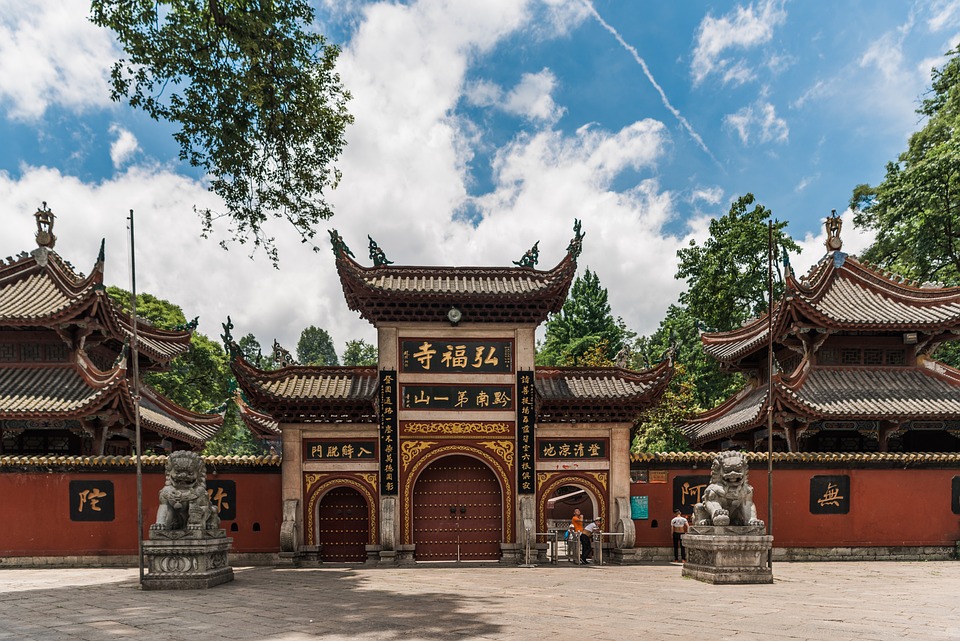Cultural conservation, also known as heritage preservation, plays a crucial role in maintaining a society’s identity, history, and traditions. With globalization and modernization taking over, it is becoming increasingly important to preserve and protect the cultural heritage of a community or nation. Here are some reasons why cultural conservation is essential:
1. Identity and sense of belonging: Cultural heritage is what makes a community or nation unique. It provides a sense of identity and belonging to its people, helping them to understand their roots and heritage. By preserving cultural traditions, customs, languages, and arts, we can ensure that future generations can connect with their past and feel a sense of pride in their heritage.
2. Education and learning: Cultural conservation allows us to learn about our history and the achievements of our ancestors. It helps us understand how our society has evolved over time and enables us to appreciate the diverse cultures that make up our world. By preserving heritage sites, artifacts, and traditional practices, we can educate ourselves and future generations about our past and the importance of cultural diversity.
3. Economic benefits: Cultural heritage can also have economic benefits for a community or nation. Preserving heritage sites and traditions can attract tourists and visitors, creating jobs and boosting the local economy. Cultural tourism can bring in revenue and promote sustainable development in areas with rich cultural heritage, encouraging the preservation of traditional crafts, music, and art forms.
4. Environmental conservation: Many heritage sites and cultural practices are closely linked to the environment. By preserving these cultural traditions and landscapes, we can also protect the natural resources and ecosystems that are essential for our well-being. Cultural conservation can help raise awareness about environmental issues and promote sustainable practices that preserve both our cultural heritage and the natural world.
5. Social cohesion and harmony: Cultural conservation can also promote social cohesion and harmony within a community. By celebrating and preserving cultural traditions, we can foster a sense of unity and solidarity among people of different backgrounds and beliefs. Cultural heritage can be a bridge that connects us to our neighbors and promotes understanding and mutual respect.
Overall, cultural conservation is essential for preserving the rich heritage of a community or nation and ensuring that future generations can appreciate and learn from their past. By protecting and celebrating our cultural traditions, we can strengthen our identity, educate ourselves and others, boost the economy, protect the environment, and promote social cohesion. It is important for individuals, governments, and organizations to work together to preserve our cultural heritage for the benefit of all.




